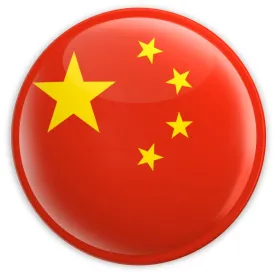On June 10, 2021, the People’s Republic of China adopted the Anti-Foreign Sanctions Law (the “Law”). The main purpose of the Law is to provide a legal basis for China to adopt retaliatory measures against any so-called “discriminatorily restrictive measures” that may be imposed by foreign countries against Chinese organizations and citizens (the “Foreign Sanctions”). This means that Foreign Sanctions include not only OFAC sanctions, but nearly all restrictive measures mainly against China, such as the export control restrictions imposed on Chinese companies that are on the Entity and MEU lists under the EAR, and the security trading restrictions on the Non-SDN Chinese Military-Industrial Complex Companies by OFAC.
The retaliatory measures may be imposed on organizations or individuals that directly or indirectly are involved in formulating, deciding on or implementing the Foreign Sanctions, including their related entities or persons, such as direct relatives, affiliates, etc. The retaliatory measures may include denial from entering China, prohibition of doing business in and/or with China, and freezing of assets located in China.
The Law also prohibits “any organization and person” from complying with any Foreign Sanctions, and the Chinese companies/citizens whose interests are impaired may sue an organization/person that abides by the Foreign Sanctions in Chinese courts for damages. “Any organization and person” likely refers to both Chinese and foreign organizations and persons.
For companies doing business in or with China, here are our key expectations:
-
Private companies will unlikely be subject to the retaliation measure, as long as they do not involve in advocating, directing or implementing of Foreign Sanctions.
-
Companies (including foreign companies/their subsidiaries in China, as well as Chinese companies) may be sued in China for complying with the Foreign Sanctions, and this could include complying with US export control rules by not supplying items subject to EAR to a Chinese company on the Entity List, in which case, “complying with foreign law” probably could not be used as a defense. As a consequence, a company complying with the Foreign Sanctions may be ordered to pay damages.
-
Companies may find that they need to choose between complying with the Foreign Sanctions or complying with Chinese laws.



 />i
/>i

